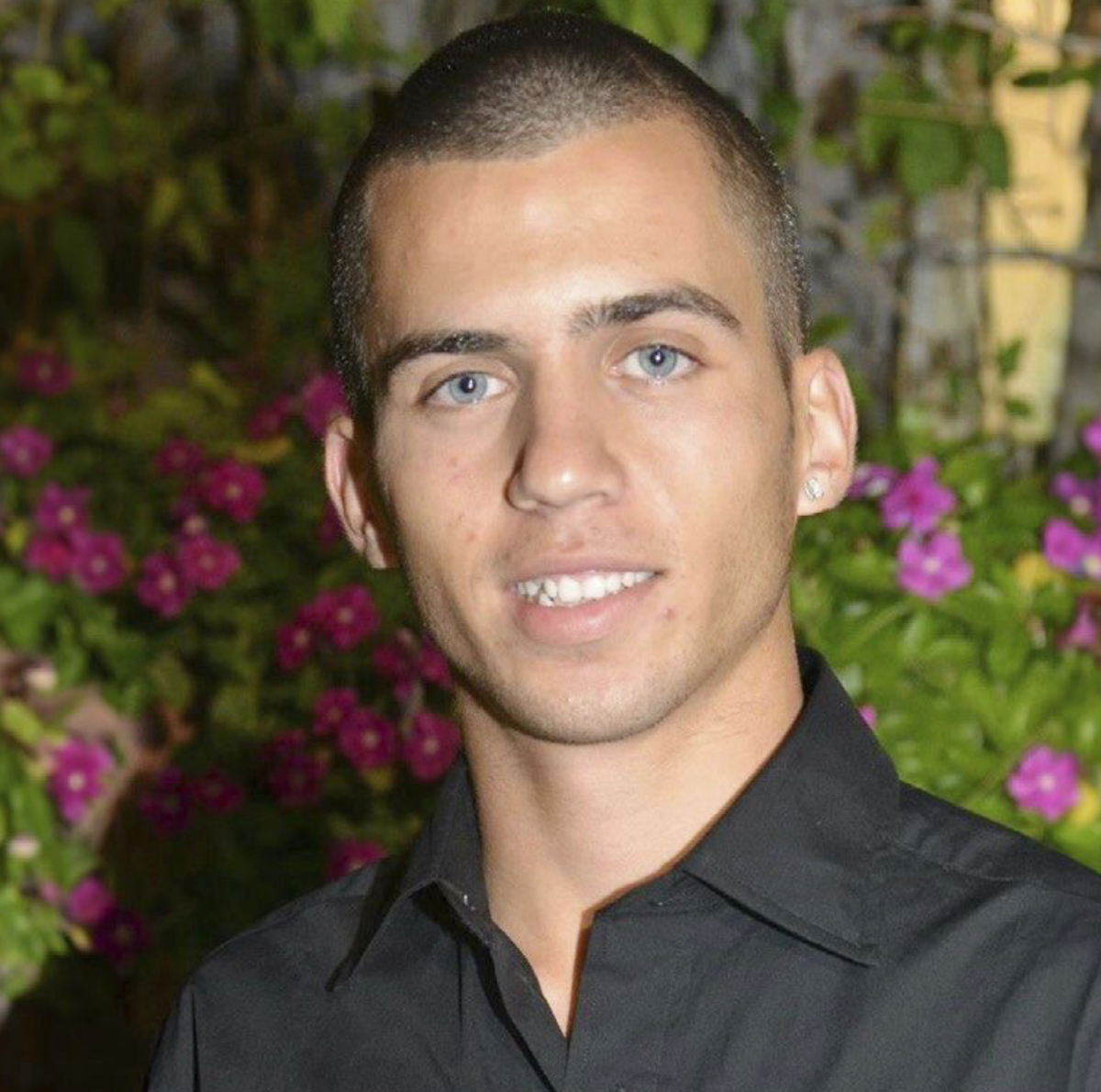BEIRUT: Lebanon wants to avoid a wider war and is looking for sustainable solutions that restore calm and stability to the south, Foreign Minister Abdullah Bou Habib said on Monday.
His remarks at a joint press conference in Beirut with acting Iranian Foreign Minister Ali Bagheri Kani came as Hezbollah said it launched a squadron of drones toward the headquarters of the Israeli military’s Galilee formation.
An Israeli military drone targeted a car on Monday on the road between the villages of Kharayeb, Zrariyeh, and Kauthariyet Al-Rez with four rockets, killing one person.
The acting Iranian foreign minister arrived in Beirut on Monday for a visit during which he planned meetings with Lebanese officials as well as representatives from Hezbollah, Hamas, and Islamic Jihad.
Kani held talks with his counterpart in the Lebanese Ministry of Foreign Affairs.
At the joint press conference, Kani said Iran has “always supported stability, safety, security, and progress in Lebanon and has spared no effort to promote the progress and well-being of the Lebanese people.”
Kani stressed that “the close relationship between Iran and Lebanon is a major indicator of stability in the region and that resistance is the basis of stability in the region.”
The Iranian official said the discussion focused on “events in Gaza, especially in Rafah, and we agreed on the necessity for countries in the region, especially Islamic countries, to adopt a joint movement to confront Israeli aggression and protect the Palestinian people.
“We also agreed on an initiative to hold an emergency meeting of the foreign ministers of the Organization of Islamic Cooperation as a common proposal that enables us to take a decisive collective step in this regard.”
The Lebanese minister said Kani affirmed Iran’s keenness to preserve Lebanon’s stability.
Bou Habib reiterated Lebanon’s position rejecting war and its vision for a solution that would “restore calm and stability” through the implementation of UN Resolution 1701, approved in 2006 to resolve the Lebanon War that same year.
Kani’s visit to Lebanon is the first since the death of Iranian Foreign Minister Hossein Amir Abdollahian in a helicopter crash last month.
The talks took place as hostilities between Hezbollah and the Israeli army entered a new tense phase. Israeli attacks on Monday reached the outskirts of Saida and Iqlim Al-Tuffah — some 15 km from the southern border
The Israeli moves indicate “serious connotations and fear that the almost eight-month-long operations will turn into an open war,” said a political observer.
Israeli warplanes raided Jabal Al-Rihan, Jabal Abou Rashed, and the outskirts of Meidoun in Jezzine in five stages.
A drone struck a motorcycle in Naqoura, killing one person and injuring another.
Other warplanes carried out mock raids over the southern region, breaking the sound barrier over Al-Zahrani, which shattered the glass of several houses and shops in Kharayeb, Zrariyeh, and Erzay, as well as the window of a special needs school in Sarafand.
Israeli artillery shelling and raids targeted the outskirts of Mhaibib, Khiam, Aita Al-Shaab, Hanin in Bint Jbeil, and the Kasaret Al-Arayesh, Aramta heights, in Iqlim Al-Tuffah.
Ali Abbas Hamieh, researcher and writer in strategic and military affairs, told Arab News that Israel had taken its ongoing war to a new phase.
He commented that Hezbollah had yet to announce moving to a new stage of confrontation but believes that “the ongoing military operations show that the Israeli side is no longer superior (at) the military level."
Hamieh added that Israel has “lost its ability to hide, as its soldiers are being killed in their combat positions, while Hezbollah’s members are being targeted on their way home and not in their combat positions.”
As for the depth of the ongoing and escalating Israeli hostilities in southern Lebanon, Hamieh sees “a change in the Israeli military strategy.”
As for Hezbollah, “they are taking proactive measures.
“Hezbollah is now striking weapon factories in northern Israel in retaliation for any Israeli escalation inside Lebanon.”
Hamieh added: “There will be no more surprises from now on. We are in a state of military deterrence.”
He added: “I believe that Israel will avoid attacking sensitive locations in Lebanon because Hezbollah knows even more critical Israeli targets that it can attack.
“The losses are significant on both sides, and the costs are high, which everyone is mindful of.”
Hezbollah announced on Monday that it launched “attack drones on the new command headquarters of the Eastern Front in the Galilee Division (Nahal Gershon, east of Dishon) and the locations of its officers and soldiers.”
It said the drones hit their targets “accurately, causing fire to erupt and killing and injuring enemy soldiers.”
Hezbollah also said it had targeted “a military vehicle at the Israeli Har Addir site with guided missiles and hit it directly, leading to its destruction, leaving its crew dead and wounded.”
Additionally, Hezbollah targeted espionage equipment at the Al-Malikiyah site with artillery shells and a group of soldiers at the Khallet Wardah site with rockets.


























